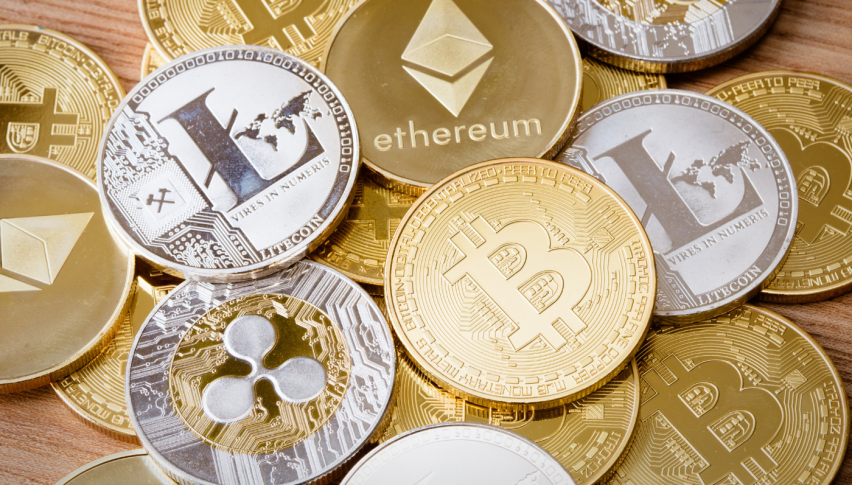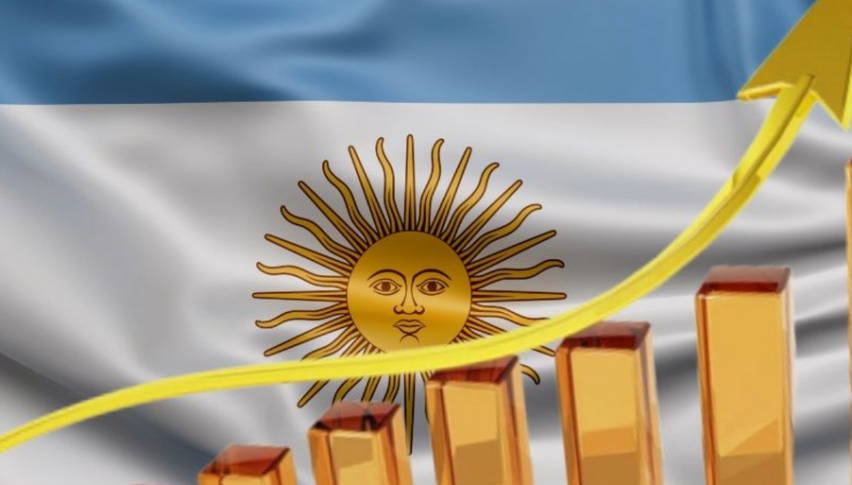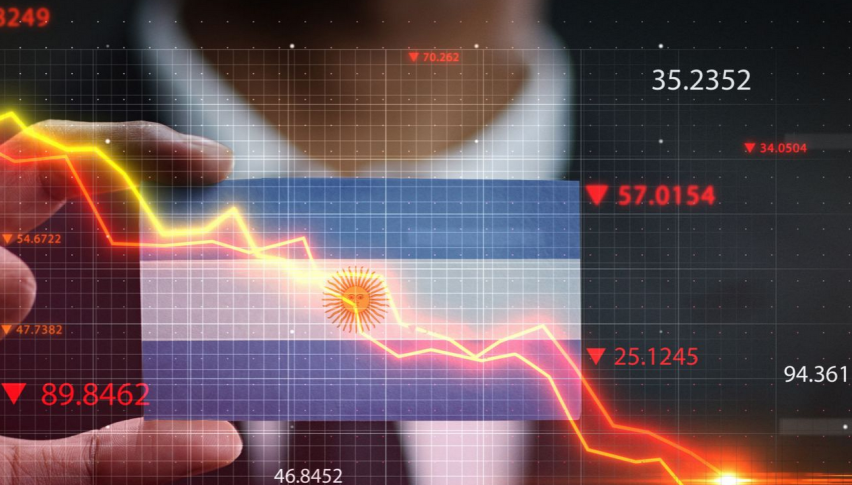Argentina: Inflation for March was 11% MoM, down from February
In March, inflation decelerated for the third consecutive month, reaching 11%, bringing the year-to-date accumulation to 51.6%.
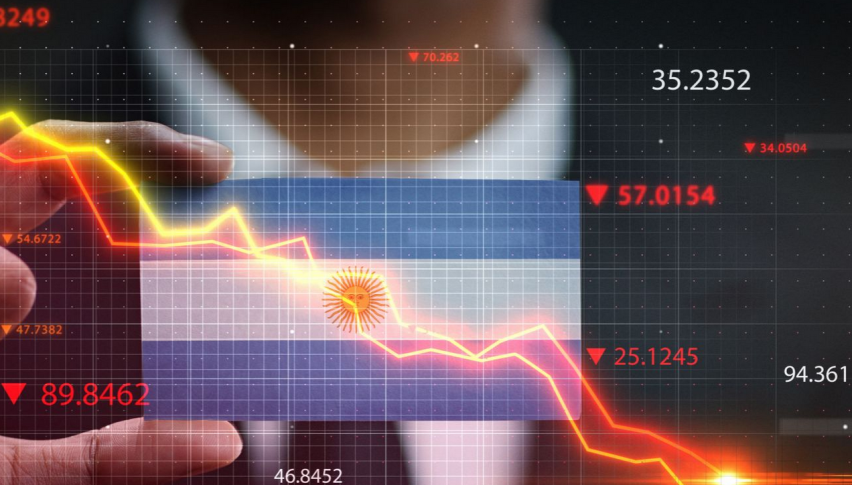
The CPI recorded a monthly increase of 11% in March, accumulating a variation of 51.6%. In year-on-year comparison, it reached 287.9%. The division with the highest increase for the month was Education (52.7%).
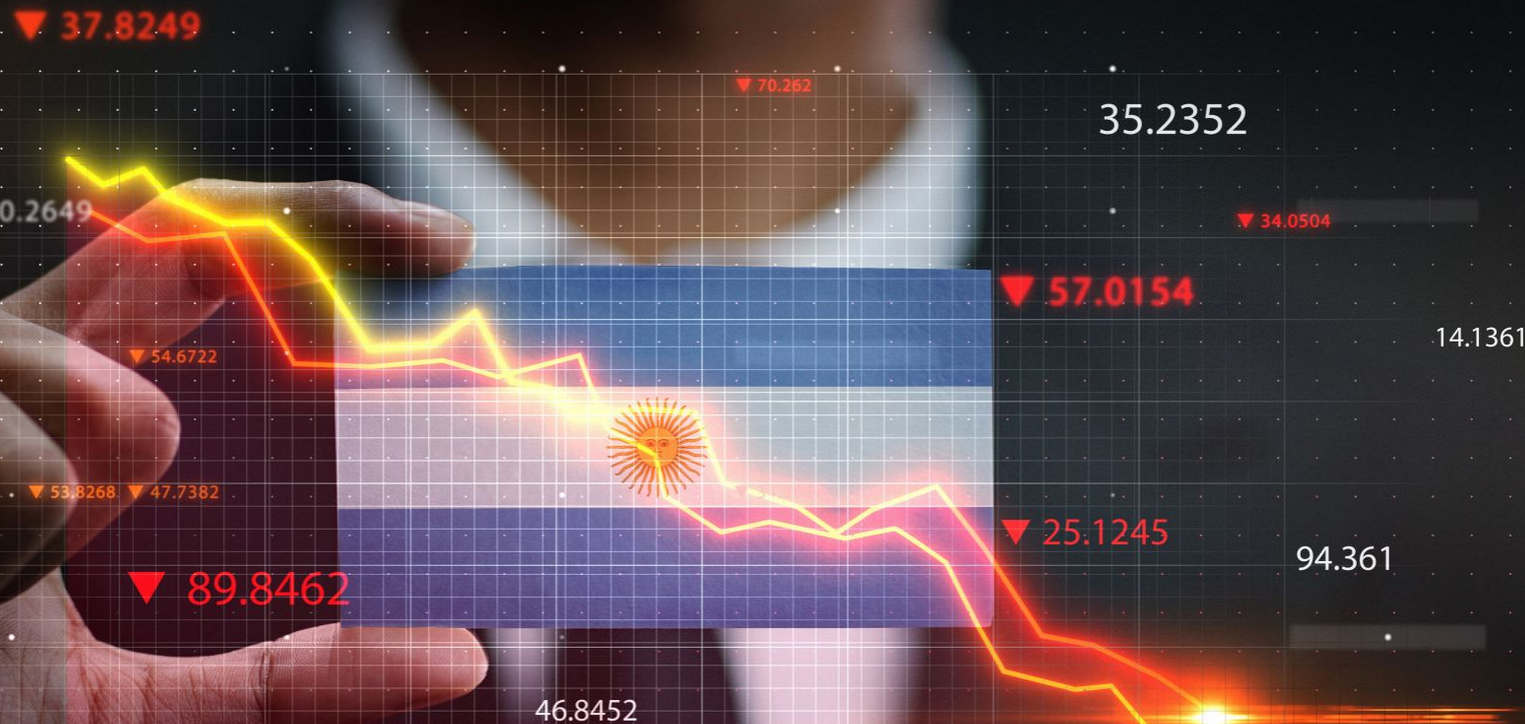
In March, inflation decelerated for the third consecutive month, reaching 11% (slightly higher than what Minister of Economy Luis Caputo anticipated), bringing the year-to-date accumulation to 51.6%. Meanwhile, in year-on-year comparison, the increase reached 287.9%, as reported by INDEC on Friday, April 12.
In the breakdown, the sector with the most significant increase was Education, with 52.7%, driven by increases in fees across various educational levels at the beginning of the school year. Also noteworthy were Communication (15.9%), due to rises in telephone and internet services, and Housing, water, electricity, gas, and fuels (13.3%), attributed to increases in electricity service charges.
The division with the greatest impact across all regions was Food and non-alcoholic beverages (10.5%). Within this division, notable increases were seen in Meats and derivatives, Milk, dairy products, and eggs, Vegetables, tubers, and legumes, and Bread and cereals.
Also in Argentina, in April 2024, the interest accrued per month on the remunerated debt of the Central Bank, composed entirely of Reverse Repos, reached $1.98 trillion. Adjusted for inflation, this amount represents a reduction of 45.4% compared to December 2023 ($3.62 trillion at current prices) and a decrease of 66% compared to the peak reached in October 2023 ($5.79 trillion at current prices).
This evolution places the cost of the BCRA for remunerated debt services at 5.4% of Gross Domestic Product (GDP), which is 3.9 percentage points less than in December 2023, when it represented 9.3% of the product.
- Check out our free forex signals
- Follow the top economic events on FX Leaders economic calendar
- Trade better, discover more Forex Trading Strategies
- Open a FREE Trading Account
